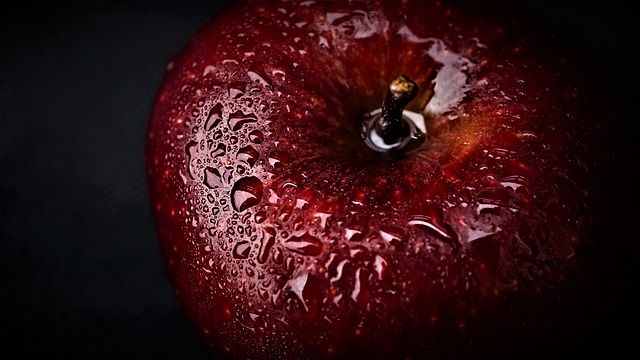From Gastrointestinal Woes to Wellness: How Probiotics Can Transform Your Digestive Health
Do you often experience gastrointestinal issues like bloating, gas, or indigestion? These common digestive woes can greatly impact your overall well-being and restrict you from enjoying your life to the fullest. Fortunately, there’s a natural solution that can help alleviate these discomforts and improve your digestive health – probiotics.
What are Probiotics?
Probiotics are live bacteria and yeasts that are beneficial for your digestive system. They are often referred to as “good” bacteria because they help maintain the balance of microorganisms in your gut, promoting optimal functioning and health.
While the word “bacteria” might sound alarming, it’s important to note that our bodies are home to trillions of bacteria, both good and bad. Probiotics help keep the harmful bacteria in check, preventing them from overpowering the beneficial ones.
The Benefits of Probiotics for Digestive Health
Probiotics offer a range of benefits for your digestive system, including:
- Improved digestion: Probiotics help break down food and enhance nutrient absorption, ensuring your body gets the most out of the food you consume.
- Reduced gastrointestinal symptoms: Regular consumption of probiotics can reduce common digestive problems such as bloating, gas, diarrhea, and constipation.
- Boosted immune system: Approximately 70% of our immune system resides in our gut. Probiotics help strengthen the gut barrier and stimulate the production of antibodies, thus supporting a healthy immune system.
- Enhanced gut health: By restoring the natural balance of bacteria in your gut, probiotics can improve overall gut health and prevent conditions like leaky gut syndrome and inflammatory bowel disease.
- Mood regulation: Believe it or not, there is a strong connection between your gut and your brain. Probiotics can positively impact your mental health by influencing neurotransmitter production and reducing anxiety and depression-like symptoms.
Food Sources of Probiotics
You can incorporate probiotics into your diet through various food sources. Some of the best sources include:
- Yogurt: Choose yogurts that contain live and active cultures. Look for labels mentioning Lactobacillus acidophilus and Bifidobacterium lactis.
- Kefir: A fermented milk drink, kefir is rich in probiotics and can be enjoyed plain or added to smoothies.
- Sauerkraut: Fermented cabbage offers the additional benefit of being a great source of vitamins and minerals.
- Kombucha: A fizzy, fermented tea, kombucha is becoming increasingly popular for its probiotic content.
- Miso: A traditional Japanese paste made from fermented soybeans, miso adds a unique flavor to soups and other dishes.
Supplements: A Convenient Probiotic Option
If you find it challenging to obtain sufficient probiotics from your diet, supplements can be a convenient and effective alternative. Probiotic supplements come in various forms, including capsules, powders, and chewable tablets. Before starting any new supplement, it’s best to consult with your healthcare provider to determine the right dosage and strain for your specific needs.
Final Thoughts
Your digestive health plays a vital role in your overall well-being. By incorporating probiotics into your daily routine, whether through natural food sources or supplements, you can significantly improve your gut health and alleviate gastrointestinal discomfort. Remember, consistency is key when it comes to probiotic consumption. Give your gut the love and care it needs, and you’ll be rewarded with improved digestion and a happier, healthier you.







